A few days ago, we stumbled upon an article about rowing and communication within the boat. Even though the article was primarily about communication, it also touched on the topic of fear in the boat. Shortly afterwards – at the CPA2 in Monaco – we got to see the role that fear plays in Coastal Rowing. We were able to speak to two rowers who either gave up or did not finish the competition.
The Role of Fear in Coastal Rowing – What causes it?
We are primarily thinking of newbies at coastal rowing and athletes from the Olympic boat classes.
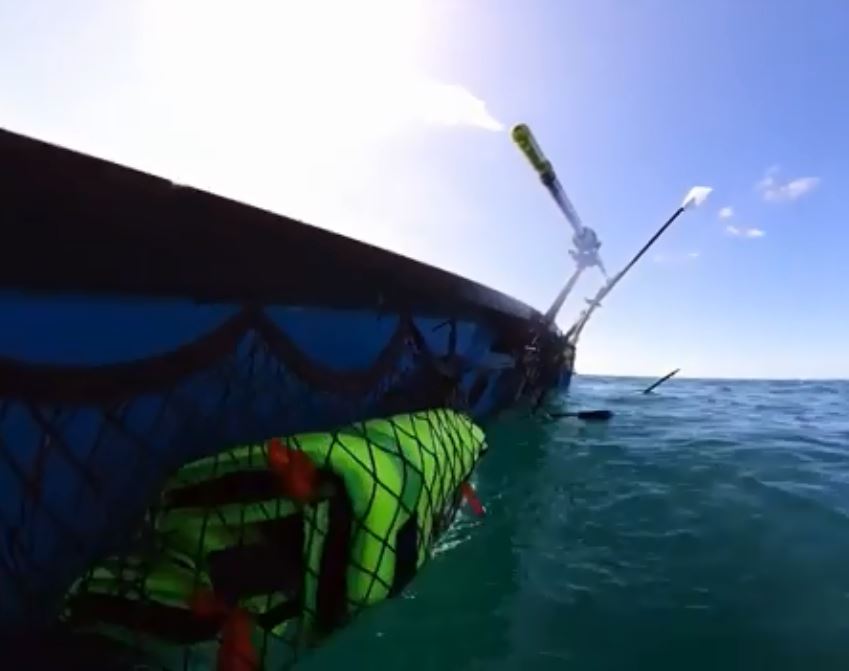
Coastal Rowing is not Olympic rowing with racing boats, where you occasionally train on windy lakes or rivers. In many cases, we are unlucky (or lucky depending on your perspective) on the coast and the water is relatively calm. Then the conditions are good for beginners. However, anyone who believes that they are fit as an athlete in the Olympic boat classes and are therefore also prepared for Coastal Rowing, is mistaken. They may do well at the Beach Sprint, but long distances are a different story.
Particularly, when the waves have reached 80 cm and more, things can go sideways. And when those waves come from the side, it gets rough. If you are an experienced rower and find yourself whirling your skulls through the air because of the short time between the waves, frustration is inevitable. You may also lose a skull because a wave hits you unexpectedly.
In addition: Coastal Rowers are not the most polite of rowers when things get competitive. Crashes or “ramming” occur somewhat regularly when it comes to fighting for the best starting position, or the best place around the buoy. Even if you don’t want to get involved, it’s almost guaranteed to happen and you need to be prepared. The typical topics for “newbies” are …
- Lost Oars
- Broken Oars
- Being surprised by waves that hit your back from behind
- Side waves that make the boat shaky
- Skulls that don’t even touch the water
- A fear of falling into the water
- Competitors ramming the boat
- Sculls interlocking on the buoy
- Losing course on the way to the buoy because wind and waves keep pushing you away
All of these things can and most likely will happen, but you can train for them. It takes practice, especially in wavy water. If you are taking part in a long-distance race for the first time, arrive 2-3 days in advance and practice in the water. Ideally, with an experienced partner in a double scull to inspire confidence and greater feelings of security. Alternatively, if you go out in a single, ask athletes who have rowed beforehand what to expect on the course. We have seen worldclass rowers who have been frustrated by conditions on the water and arrive totally exasperated at the finish line.
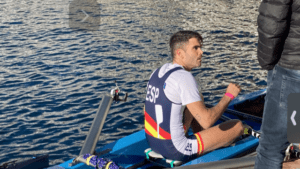
Anyone who fears for their safety or well-being due to conditions between participants or on the water is well advised to let the safety boat know or leave the competition.
Not everyone can expect to deal with a crisis situation like Adrian Ramon. Ramon, arguably the best coastal rower at the moment, had bad luck in Portugal and missed his title chances at the first buoy. He capsized. Nevertheless, he was back in the boat within 10 seconds. In the end, he narrowly missed the silver medal.
Generally, it can be said, that you can manage your fear while Coastal Rowing. It takes practice. Nevertheless, safety is the most important ascpect of any sport, so if you ever feel that you are in a dangerous situation, get back to the coast and take no risks that can endanger yourself or others.

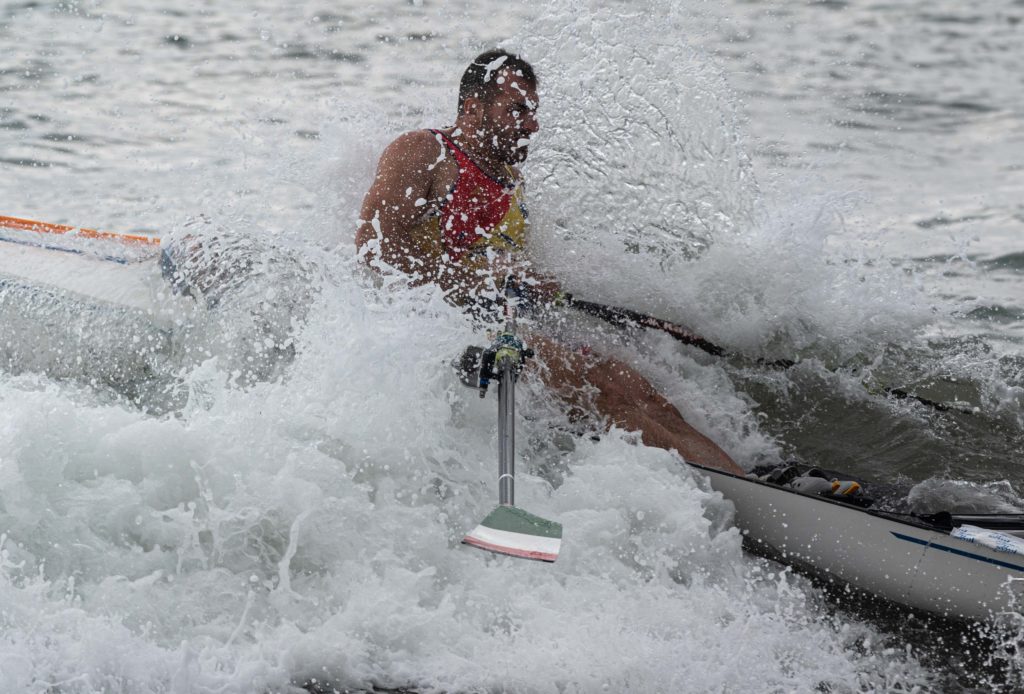
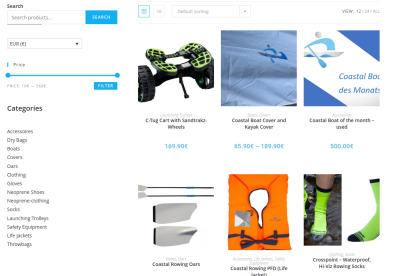



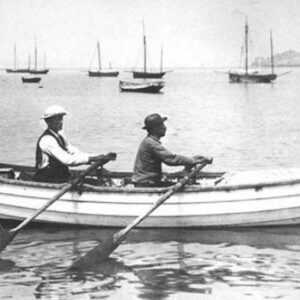

This Post Has One Comment
I competed first time in a solo in surf (at Noosa in Australia). As a former world champion rower I thought I had it covered! Going out for the second round was terrifying yet exhilarating. I swore a lot as I went over the waves. Will I do it again? Hell yeh